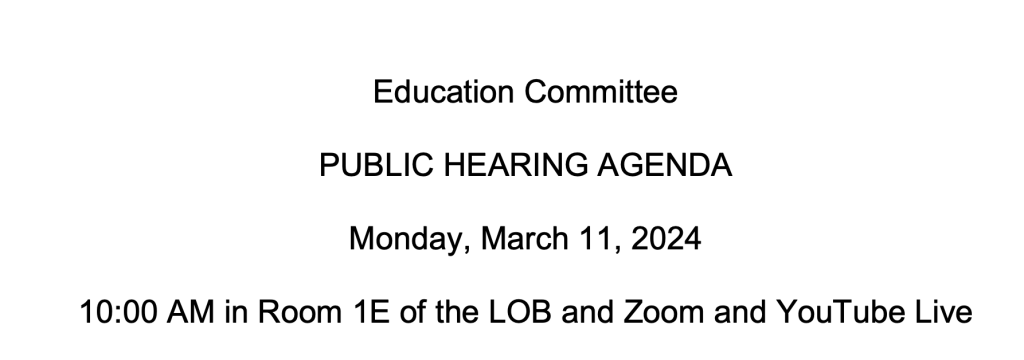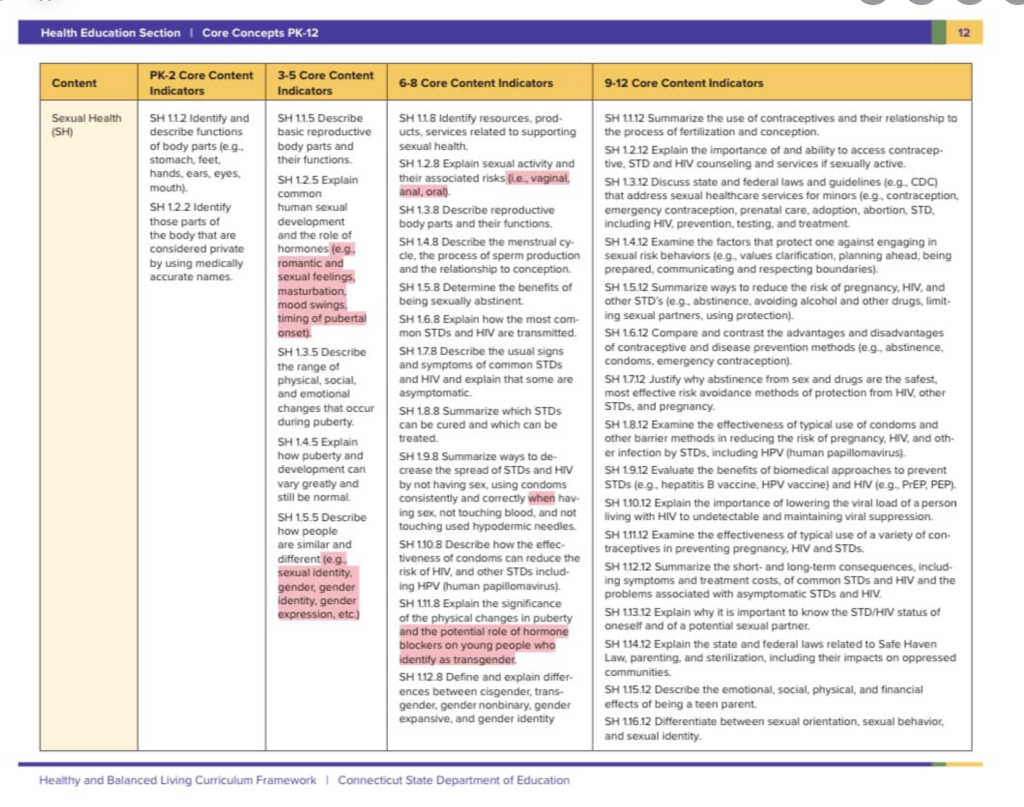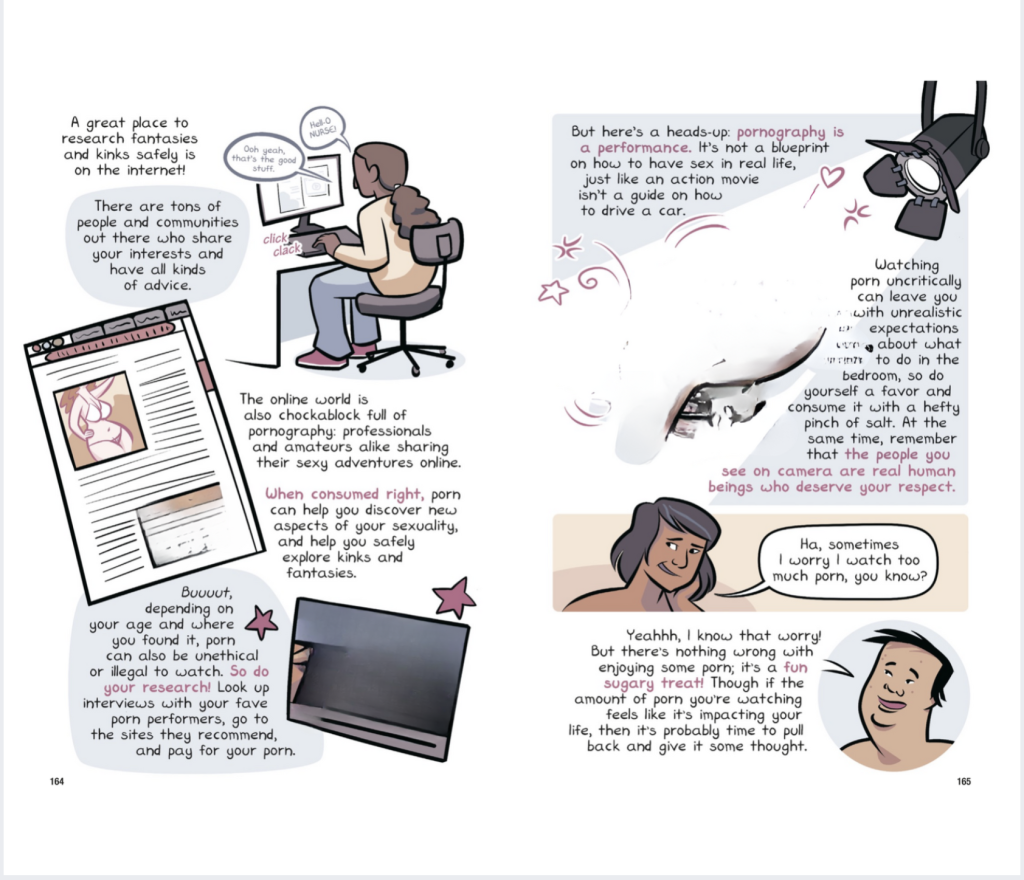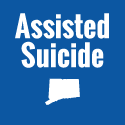
File written testimony against HB5417 and attend or even speak at a public hearing on Monday, March 11 in the Education Committee.
Join us in the hearing room on Monday starting at 9:45AM.

Please also contact your legislator and members of the Education Committee and ask them to oppose HB5417.
Parents need a real avenue to express their concerns about sexually explicit, vulgar, pornographic and obscene materials in the school library – not a Board of Education that has no authority. This bill excludes several vague and broad categories of books that parents and Boards of Education will be helpless to seek removal or to even relocate, including books categorized as “sexual health”.
Librarians in Connecticut have gone “wounded fawn” at the legislature this session and are complaining that they’ve been challenged too many times by members of the public – the great unwashed. They have little time to explain to little people why certain books are in the library. We love you librarians and appreciate what you do, but you can’t have unlimited authority.
A bill at the legislature would remove authority from the elected Board of Education members to influence the books in the public school library. It tips authority to remove books even more in favor of school employees. It also chills their freedom of speech and expression of religion. HB5417 sets out draconian restrictions on Board of Education members who recommend removal or even relocation of school library books. The local Board of Education is accountable to voters, school librarians are not – so the bill affects parental rights to influence the content of library materials which are exposed to their children.
The bill would even ban Board of Education members from removing or relocating sexually explicit materials from the shelves of grammar school libraries.
Remember that in 2021, the Connecticut Board of Education recommended “sexual health” guidelines that recommend children as young as 3rd grade be taught masturbation. So without the common-sense influence of Boards of Education and the public, who knows what materials will find themselves on the shelves of our local public school. (2021 Healthy and Balanced Living Curriculum Framework, Sexual Health p.12, 1.2.5).

We already know what is available on the shelves of local high schools. Take for instance, “Let’s Talk About It” is a “how to” manual for teen sex that trivializes sex, pornography, gender dysphoria, masturbation and more. It is literally a Kama Sutra for children. It depicts “how to” instructions on sexual positions, illustrations on masturbation, anal sex, plugs (don’t ask), gender-splains how women with penises are “mostly estrogen bodies” and more. The only thing missing, I think, is inter-species intercourse and I feel like this would be included except fear upsetting the ASPCA is greater than fear of upsetting families. Below is one excerpt with the explicit sex-acts and other imagers removed.

This book promotes dangerous and unsafe behavior for teens. School boards need the discretion to be able to move or remove books that do not align with the community’s values – such as the book above.
Currently, there is a balance of interests between school boards, superintendents, parents, the community and librarians in the content of school libraries as established in the Supreme Court Pico decision. HB5417 would tip that balance toward school staff, who regularly remind us that they know best. There needs to be a back and forth, not one side muzzling the other.
The American Library Association promotes books that regularly challenge community standards, so nobody should be surprised when their members are respectfully challenged in return. The head of the American Library Association, a self-described Marxist, has stated “We need to make trouble–good trouble, the kind of trouble that matters, the kind of trouble I became a librarian to get into–and we need to make it together.” With all due respect to librarians, “good trouble” invites “good trouble”, and the discretion of Connecticut Board of Education members and the community standards they represent – parents, grandparents, community members and voters, should not be displaced by self-described “trouble-makers” on staff at the school.


















